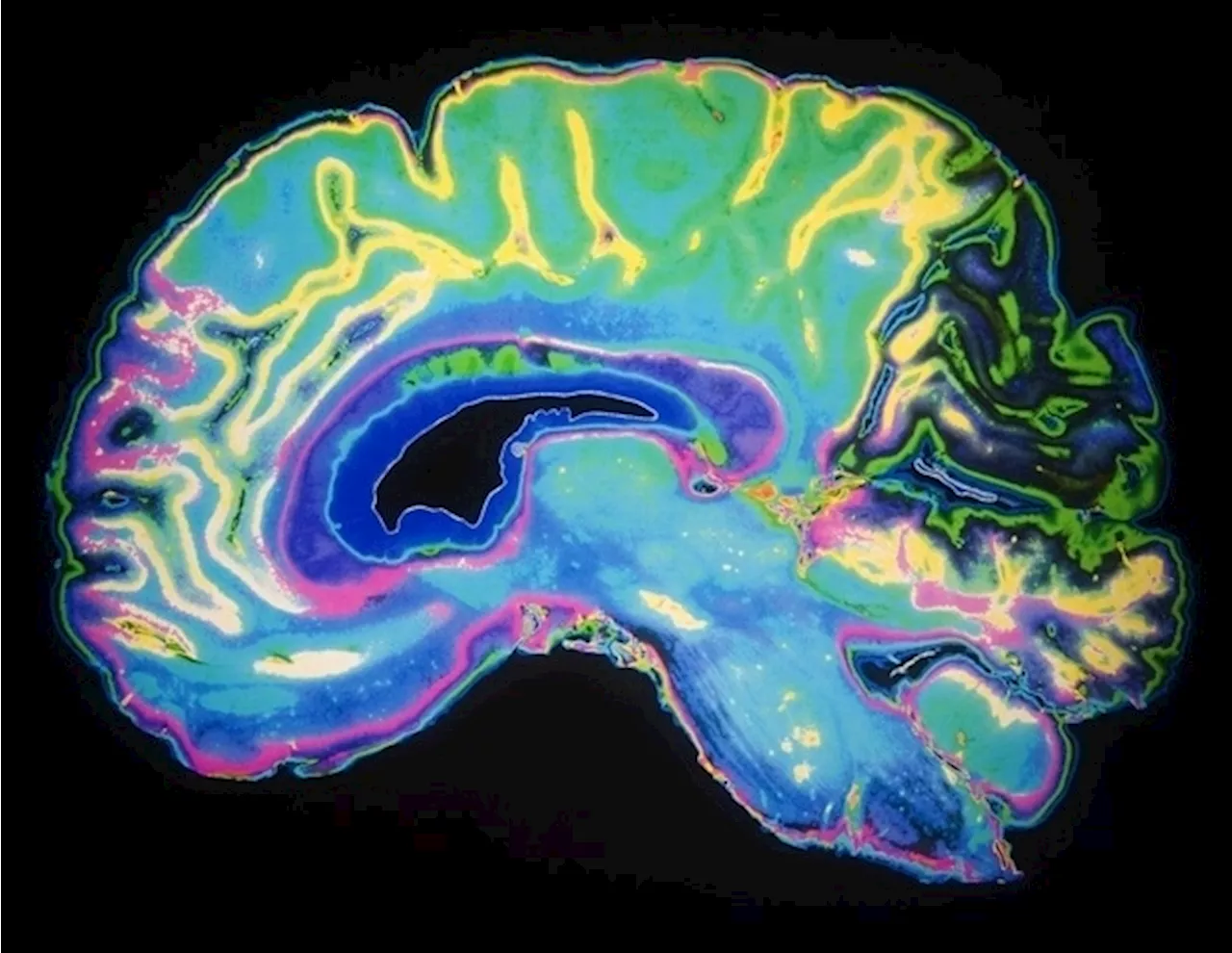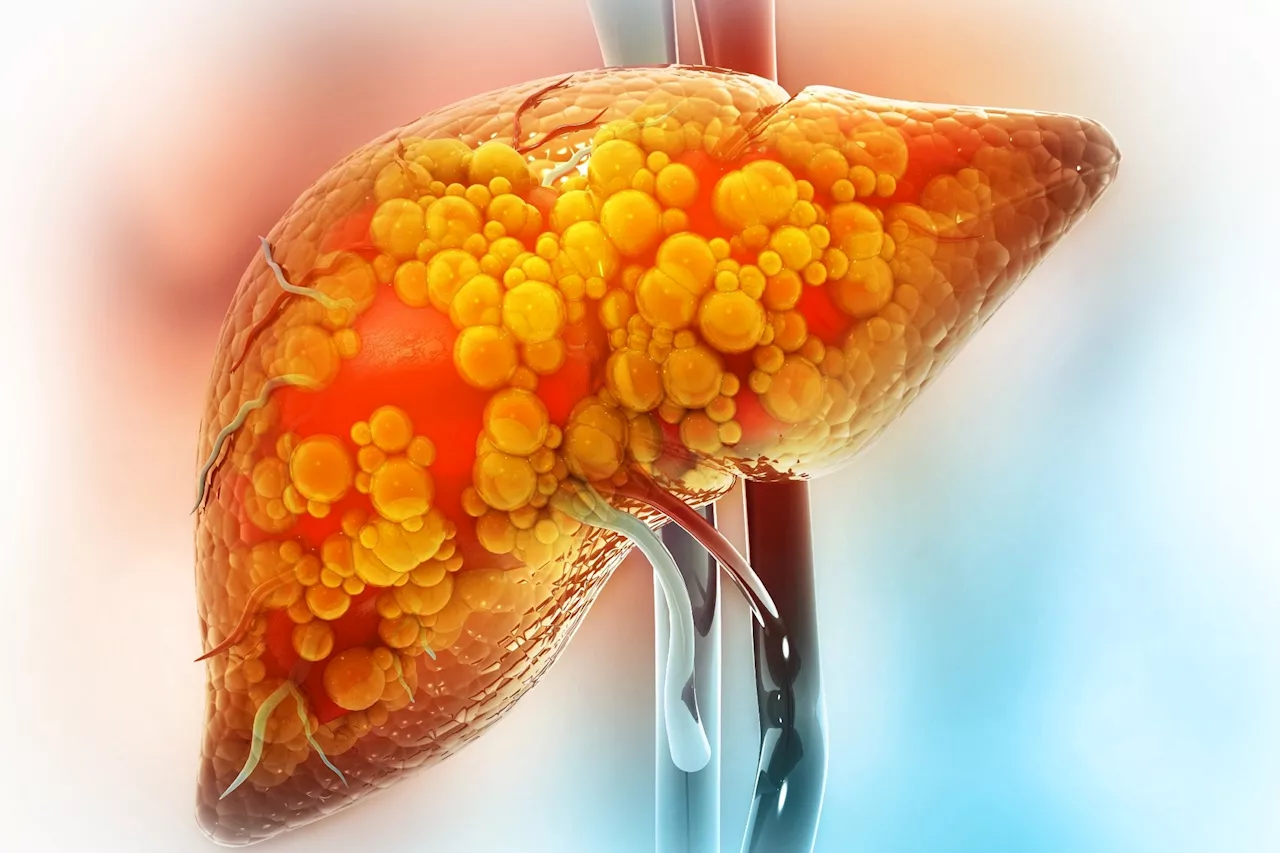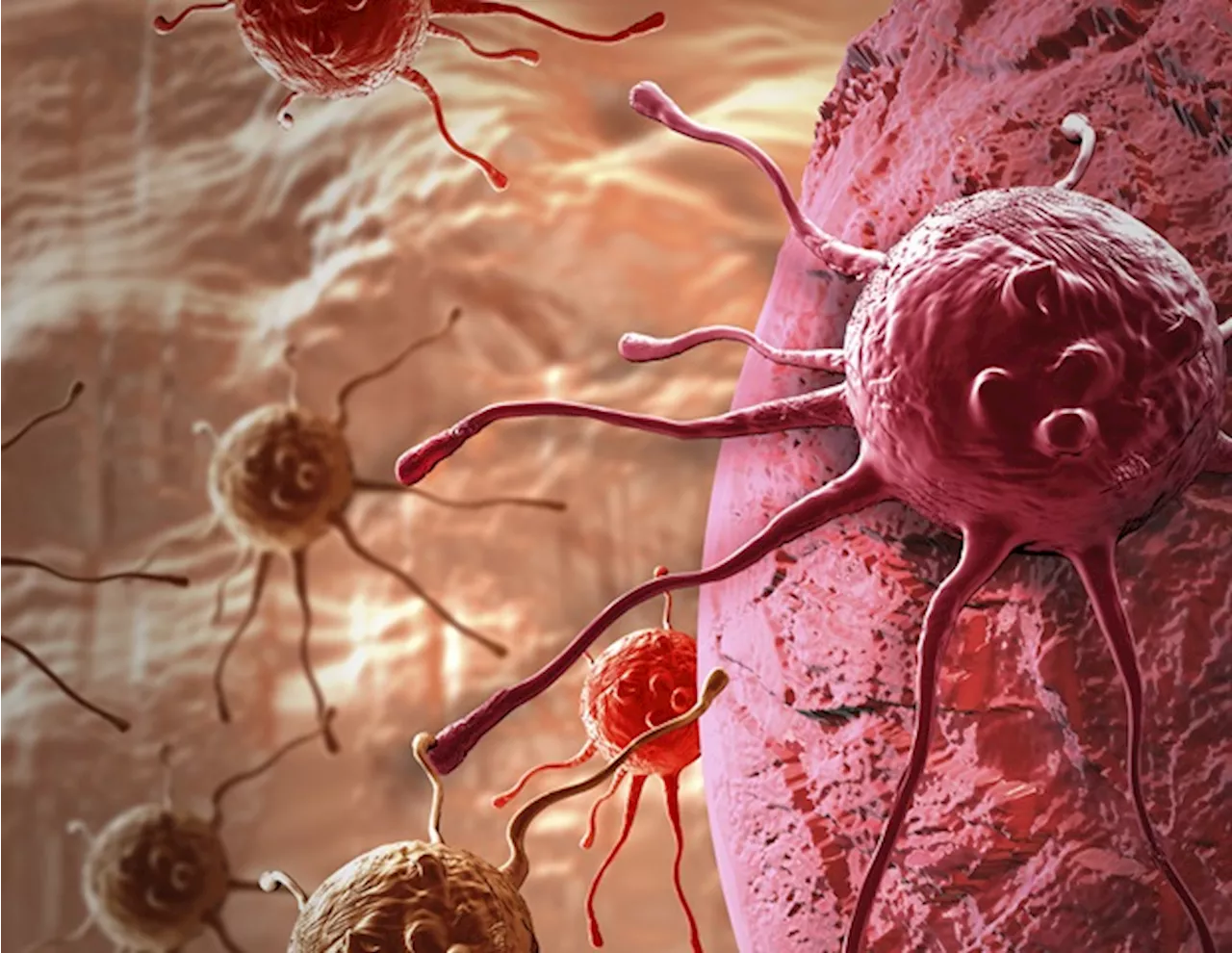Some patients being treated with immune checkpoint inhibitors, a type of cancer immunotherapy, develop a dangerous form of heart inflammation called myocarditis.
Broad Institute of MIT and HarvardNov 6 2024 Research ers led by physicians and scientists at the Broad Institute of MIT and Harvard and Massachusetts General Hospital , a founding member of the Mass General Brigham healthcare system, have now uncovered the immune basis of this inflammation.
Roughly 1 percent of patients treated with an ICI -; more than 2,000 individuals a year in the US -; will develop myocarditis, and this number goes up to nearly 2 percent among patients treated with certain immunotherapy drugs in combination. Myocarditis leads to dangerous cardiac events such as arrhythmia and heart failure in 50 percent of cases, and about a third who develop the condition will die from it, despite current treatments.
Kerry Reynolds, co-senior author, clinical director of inpatient oncology at MGH, director of the SIC Service, and assistant professor of medicine at Harvard Medical School The threat of serious complications and the challenge of how to manage them is growing as more patients undergo ICI treatment each year. More than 230,000 patients in the US were treated with ICIs in 2020, and that number has likely grown since then as the FDA has approved more than 80 indications for these medicines.
In the heart tissue of patients, the team observed the upregulation of molecular pathways that help recruit and retain immune cells involved in inflammation. They also saw an increase in abundance of several immune cell subsets, as well as an increase in abundances of certain cellular groupings composed of specific cytotoxic T cells, conventional dendritic cells , and inflammatory fibroblasts that were found together in the hearts of patients with active disease.
The pattern of T cell subtypes in the blood also indicated which individuals were more likely to succumb to myocarditis, suggesting that a blood-based measurement could one day be used to flag patients who are at increased risk and should be monitored closely or avoid immunotherapy altogether. They also found T cells in the peripheral blood that originated in the heart and correlated with severity of disease.
Cancer Immunotherapy Heart Immunotherapy Inflammation Arrhythmia Blood Cell Clinical Trial Diagnostic Drugs Healthcare Heart Failure Hospital Immune Response Immune System Medical School Medicine Myocarditis Oncology Protein Receptor Research T-Cell Tumor
United Kingdom Latest News, United Kingdom Headlines
Similar News:You can also read news stories similar to this one that we have collected from other news sources.
 Researchers use AI to reveal sex-based differences in glioblastoma prognosisFor years, cancer researchers have noticed that more men than women get a lethal form of brain cancer called glioblastoma.
Researchers use AI to reveal sex-based differences in glioblastoma prognosisFor years, cancer researchers have noticed that more men than women get a lethal form of brain cancer called glioblastoma.
Read more »
 Researchers discover effective treatment strategy for lethal glioblastomaGlioblastoma (GBM) is the most lethal brain tumor, with a median survival rate of merely 12-16 months after diagnosis. Despite surgical, radiation and chemotherapy treatments, the two-year survival rate for GBM patients is less than 10%.
Researchers discover effective treatment strategy for lethal glioblastomaGlioblastoma (GBM) is the most lethal brain tumor, with a median survival rate of merely 12-16 months after diagnosis. Despite surgical, radiation and chemotherapy treatments, the two-year survival rate for GBM patients is less than 10%.
Read more »
 Researchers uncover how senescent cells can both harm and heal in liver diseaseResearchers developed novel genetic tools to trace, ablate, and manipulate p16^Ink4a+^ senescent cells, revealing their distinct roles in liver fibrosis and repair. Senescent macrophages promote fibrosis, while endothelial cells aid in tissue recovery.
Researchers uncover how senescent cells can both harm and heal in liver diseaseResearchers developed novel genetic tools to trace, ablate, and manipulate p16^Ink4a+^ senescent cells, revealing their distinct roles in liver fibrosis and repair. Senescent macrophages promote fibrosis, while endothelial cells aid in tissue recovery.
Read more »
 FAU researchers highlight new vaccination barriersVaccines to prevent common and serious infectious diseases have had a greater impact on improving human health than any other medical advance of the 20th century, surpassing even sanitation and potable water.
FAU researchers highlight new vaccination barriersVaccines to prevent common and serious infectious diseases have had a greater impact on improving human health than any other medical advance of the 20th century, surpassing even sanitation and potable water.
Read more »
 Researchers discover potential therapeutic approach for triple negative breast cancerTriple negative breast cancer (TNBC) remains the most aggressive and deadly type of breast cancer, but new findings from cancer researchers at Brigham and Women's Hospital, a founding member of the Mass General Brigham healthcare system, are pointing the way toward therapeutic strategies that could be tested in clinical trials in the future.
Researchers discover potential therapeutic approach for triple negative breast cancerTriple negative breast cancer (TNBC) remains the most aggressive and deadly type of breast cancer, but new findings from cancer researchers at Brigham and Women's Hospital, a founding member of the Mass General Brigham healthcare system, are pointing the way toward therapeutic strategies that could be tested in clinical trials in the future.
Read more »
 Researchers uncover key bacteria driving success of fecal microbiota transplantsFecal microbiota transplants, or FMTs, are a magic bullet for patients with recurring infections from Clostridioides difficile (C. diff), but researchers are only beginning to understand why.
Researchers uncover key bacteria driving success of fecal microbiota transplantsFecal microbiota transplants, or FMTs, are a magic bullet for patients with recurring infections from Clostridioides difficile (C. diff), but researchers are only beginning to understand why.
Read more »
